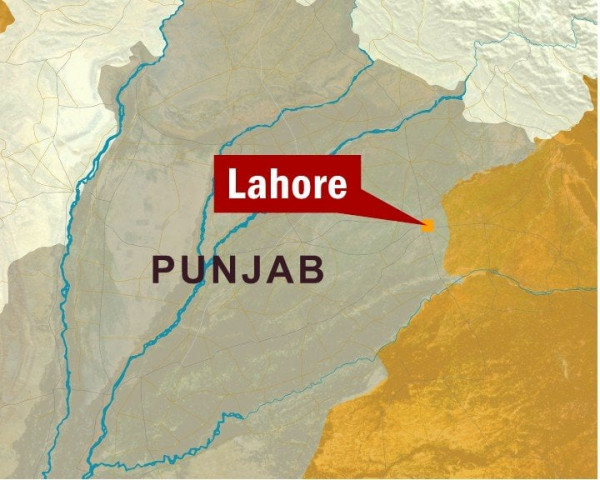Judges’ appointment: Bar leaders object to ‘judges’ monopoly’ in Judicial Commission
Say commission meetings should be public, more transparent.

Say commission meetings should be public, more transparent.
Leaders of lawyers’ organisations including the Pakistan Bar Council and the Supreme Court Bar Association have expressed their concern over the way the judicial commission for the appointment of judges in superior courts has been working.
Addressing a press conference on Tuesday, they demanded that the proceedings should not be in-camera. They also demanded that names forwarded by the bars be considered for elevation as judges.
Pakistan Bar Council Vice Chairman Syed Qalb-i-Hassan, Executive Committee Chairman Burhan Moazzam Malik, Supreme Court Bar Association President Mian Israrul Haq, SCBA Secretary Javed Iqbal Raja, Lahore High Court Bar Association President Shahram Sarwar, Lahore Bar Association President Nauman Qureshi, PBC members Mohammad Ahsan Bhoon and Azam Nazeer Tarar were present at the press conference.
Reading out a statement, Hassan said the PBC, the SCBA, the LHCBA, the LBA and the Punjab Bar Council were concerned at the arbitrary manner in which the commission was conducting the process. “It is not transparent and it has been monopolised by judges themselves, reducing all other members, including bar representatives, to mere rubber stamps,” he said.
Hassan said that a request to the JC chairman to amend the rules to allow meaningful consultations with stakeholders, especially the bar, had not resulted in a change. He said the bar leaders had hoped that the judge member of the JC would accept their demands, but they were instead referred to the case in which the 18th Constitutional Amendment was challenged. He said a 17-member bench had ruled in judges’ favour, seeking constitutional amendments from the parliament.

He said the rules required that the names of candidates for appointment as judges be proposed only by the respective chief justices.
The parliament had subsequently passed the 19th Amendment but had not given such exclusive powers to the CJs, he said. Considering this part of the judgment was not accommodated in the 19th Amendment and all members of the JC could legitimately propose names for elevation to the superior judiciary, he said.
He said currently JC members were not even allowed to retain a copy of the meeting minutes. He said it was common knowledge that all decisions were made by a core group prior to the meeting. He said this state of affaris was intolerable, unconstitutional and against norms of democracy.
“We regret that we had to take the hard decision of not sending a member to the JC. We do not wish a confrontation but plead that the principle of fairness be followed”, he said.
He said unlike elected offices judges had a fixed tenure, so that, a poor choice could undermine the integrity of the judiciary for a long time.
He said the bars were committed to the rule of law and would continue their struggle for the independence of judiciary. “It is our endeavor that this institution gain respect from all and its image shine forever,” he said.
Over a question, all representatives of the legal fraternity said it was an honour for the lawyers that the opposition parties had suggested former SCBA president Asma Jahangir as the caretaker prime minister. They lauded the PML-N for proposing her name.
Published in The Express Tribune, January 30th, 2013.



















COMMENTS
Comments are moderated and generally will be posted if they are on-topic and not abusive.
For more information, please see our Comments FAQ